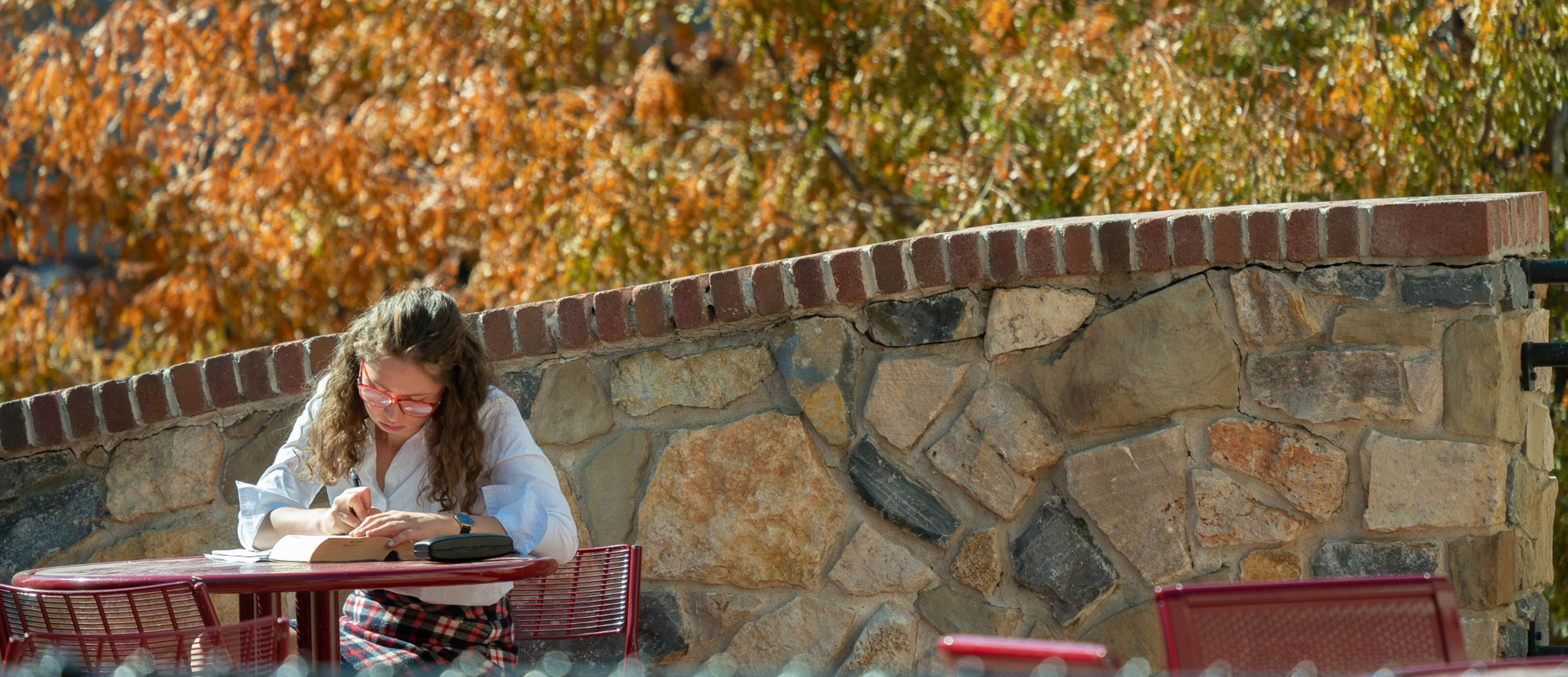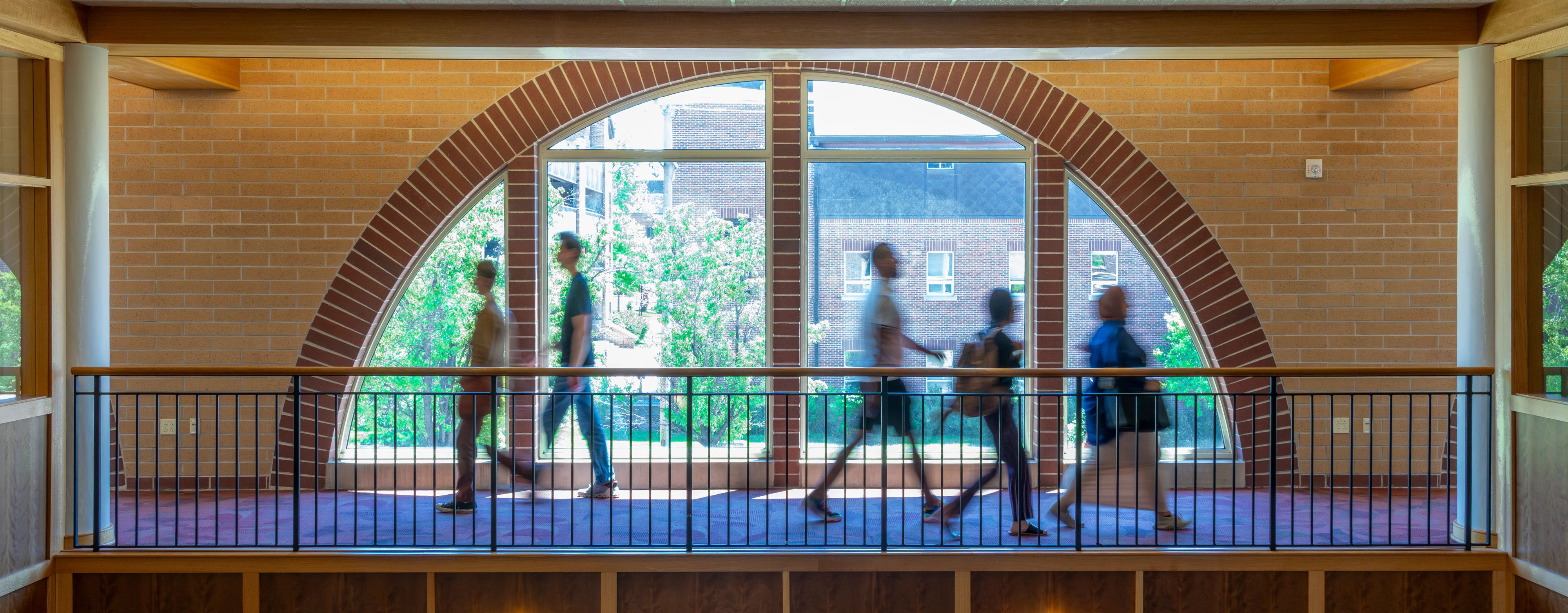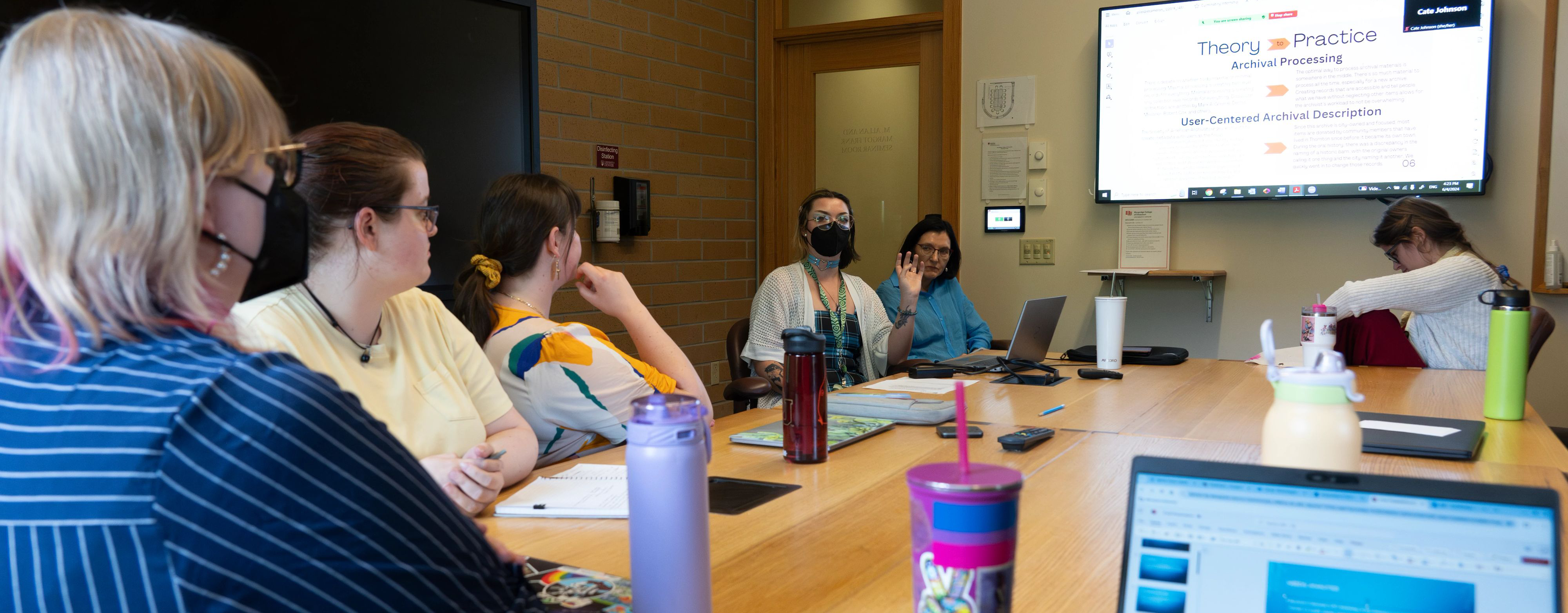Change the lives of students in rural Colorado communities with our School Psychology Specialist (EdS) Rural Hybrid program. The hybrid modality enables students to engage in virtual coursework during the school year and attend class on campus in the summers before and after the first year of the program. You will get to take part in the practical experiences, research opportunities, and coursework you'll need to work with children of all developmental abilities and their families as a school psychologist within rural Colorado communities.
The hybrid program is part of DU's NASP-accredited School Psychology Education Specialist (EdS) program, which sets you up for success. Additionally, all our graduates become NASP PREPaRE Certified, a comprehensive school crisis curriculum, which results in earning an in-demand training credential at the start of your school psychology career.
With a 100% employment rate, our graduates work in various settings, all dedicated to bettering the lives of children and families. You can prioritize addressing systemic factors alongside individual needs, striving for equity in schools and communities. With strong ties to local districts, you'll gain real-world experience and make a meaningful impact.
Start Dates: Summer
Curriculum: 90 Credit Hours
Program Length: 21 Months of hybrid coursework and 9 Months of internship
3 Years to complete the program with our rural hybrid modality
5 Weeks total in-person learning during the first and second summers of the program
70 Percentage of the tuition that may be covered through federal and state grants
Education Specialist in School Psychology
How our curriculum prepares you for your career in School Psychology
Gain practicum experience within your district
You will gain experience during your first year by shadowing a school psychologist in your sponsoring BOCES/district.
Get hands-on experience on campus during your hybrid program
During your second in-person summer learning term, you will have the opportunity to engage with the University of Denver Educational Services Clinic.
Obtain a Master of Arts degree
You will receive a Master of Arts on your way to your EdS degree.
Request for Information
Application Information
Scholarships and Financial Aid

Rural Hybrid School Psychology Program Support
The Rural Hybrid School Psychology program offers tuition support for admitted students who meet the program qualifications. Up to 70% of the tuition may be covered through federal and state grants. Additionally, qualifying students' travel, accommodation, and food costs will be provided for in-person summer courses.
Program Qualifications for Scholarship
- Admittance to the degree program
- Rural Colorado BOCES/district sponsorship
- Commitment to serve a rural Colorado community for three years post-graduation.

Financial Aid
- 100% of admitted students receive some form of tuition assistance from the Morgridge College of Education.
- MCE tuition assistance may be in the form of Dean Scholarship and/or a graduate assistantship tuition waiver.
- Eligible students may also qualify for federal and/or state financial aid through FAFSA.
- Please contact MCE.finaid@du.edu for more information.

Public Service Loan Forgiveness
Public employees, such as those working in public school districts (including 80% of school psychologists), are often eligible for federal loan forgiveness after 10 years of service.
Developmental and Psychological Foundations - 6 Credit Hours
- CFSP 4304 - Diversity in School and Community Settings
- CFSP 4316 - Infant Through Adolescent Development
Learning Theory, Educational Foundations, and Special Education - 6 Credit Hours
- CFSP 4306 - Exceptionalities in Special Ed
- CFSP 4312 - Learning Theories and Behavioral Analysis
Legal, Ethical, and Professional Foundations - 4 Credit Hours
- CFSP 4301 - Professional, Legal, and Ethical Issues in School Psychology
Research, Measurement, and Program Evaluation - 7 Credit Hours
- RMS 4910 - Introductory Statistics
- CFSP 4363 - School Psychology Program Development and Evaluation
Individual Evaluation and Assessment - 12 Credit Hours
- CFSP 4321 - Psycho-Educational Assessment I
- CFSP 4322 - Psycho-Educational Assessment II
- CFSP 4323 - Psycho-Educational Assessment III
Collaborative Consultation with Families and Schools - 9 Credit Hours
- CFSP 4330 - Family-School Partnering and Consultation
- CFSP 4331 - School and Organizational Consultation I
- CFSP 4332 - School and Organizational Consultation II
Prevention, Wellness Promotion, Counseling and Crisis Intervention - 20 Credit Hours
- CFSP 4303 - Psychopathology: Prevention, Diagnosis, Treatment
- CFSP 4336 - Preschool Interventions
- or CFSP 4319 - Counseling Adolescent Addictive Behaviors
- CFSP 4337 - School Age Academic Competencies and Interventions
- CFSP 4340 - School Mental Health Counseling I
- CFSP 4341 - School Mental Health Counseling II
- CFSP 4342 - Crisis Intervention and Prevention
Collaborative Consultation with Families and Schools - 9 Credit Hours
- CFSP 4330 - Family-School Partnering and Consultation
- CFSP 4331 - School and Organizational Consultation I
- CFSP 4332 - School and Organizational Consultation II
Applied Courses - 9 Credit Hours
- CFSP 4349 - School Psychology Practicum I
- CFSP 4353 - School Psychology Practicum II
- CFSP 4351 - School Psychology Practicum: Clinic Assignment
Culminating Field Experience - 6 Credit Hours
- CFSP 4355 - School Psychology Internship - EdS (1200 hours in one year full-time OR two years half-time)
Final Assessment
- Praxis II/NASP Exam (score of 165 or greater)

Get Started on Your EdS in School Psychology
Support your rural community and start your school psychology career with an Education Specialist degree from the University of Denver’s Morgridge College of Education



